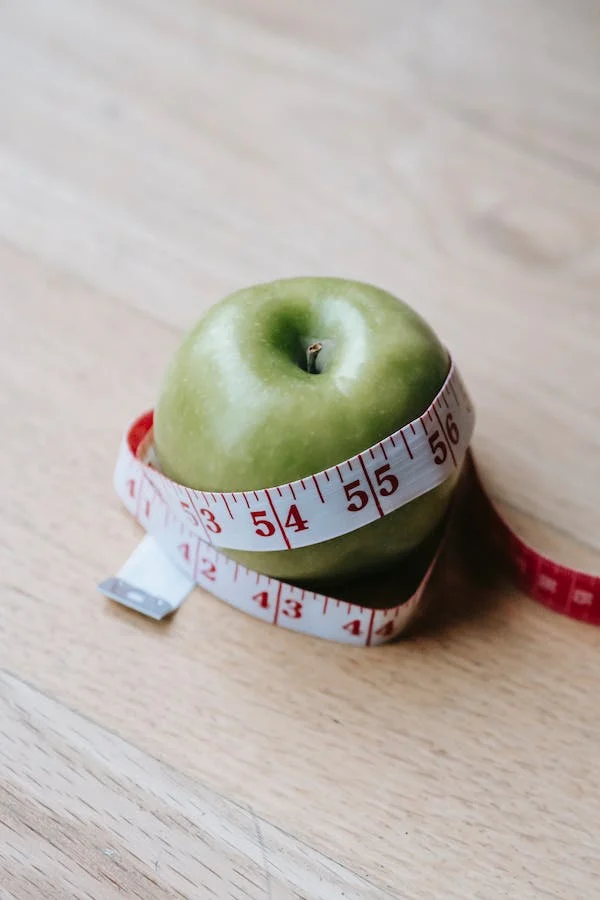The Importance of a balanced diet
The Importance of a balanced diet
Maintaining a balanced diet is essential for good health and wellbeing. A balanced diet includes a variety of foods from all the different food groups in the right proportions. Here are some tips on how to create a balanced diet:

- Eat a variety of fruits and vegetables: Fruits and vegetables are an excellent source of vitamins, minerals, and fiber. Make sure to include a variety of different colored fruits and vegetables in your diet to ensure you are getting all the nutrients your body needs.
- Include whole grains: Whole grains are a great source of complex carbohydrates and fiber. Choose whole-grain bread, pasta, and rice over processed grains.
- Choose lean protein sources: Protein is essential for building and repairing tissues in the body. Choose lean protein sources such as chicken, fish, tofu, and beans.
- Limit saturated and trans fats: Saturated and trans fats can raise cholesterol levels and increase the risk of heart disease. Limit your intake of foods high in these fats, such as red meat, fried foods, and baked goods.
- Choose healthy fats: Healthy fats such as those found in nuts, seeds, avocados, and olive oil can help lower cholesterol levels and reduce the risk of heart disease.
- Limit added sugars: Added sugars can increase the risk of obesity, type 2 diabetes, and heart disease. Limit your intake of sugary drinks, desserts, and snacks.
- Stay hydrated: Drinking plenty of water is important for maintaining a healthy body weight, regulating body temperature, and keeping your organs functioning properly. Aim to drink at least eight glasses of water a day.
It’s also important to pay attention to portion sizes. Eating too much of any food can lead to weight gain, while eating too little can lead to nutrient deficiencies. Use measuring cups or a food scale to help you keep track of portion sizes.
In addition to eating a balanced diet, it’s important to make healthy food choices throughout the day. Eat a healthy breakfast to kickstart your metabolism, pack healthy snacks to avoid unhealthy cravings, and eat a light dinner to help you sleep better.
Maintaining a balanced diet is essential for good health and wellbeing. Incorporate a variety of fruits and vegetables, whole grains, lean protein sources, and healthy fats into your diet while limiting saturated and trans fats and added sugars.
Pay attention to portion sizes and make healthy food choices throughout the day to help you maintain a healthy weight and reduce the risk of chronic diseases.






